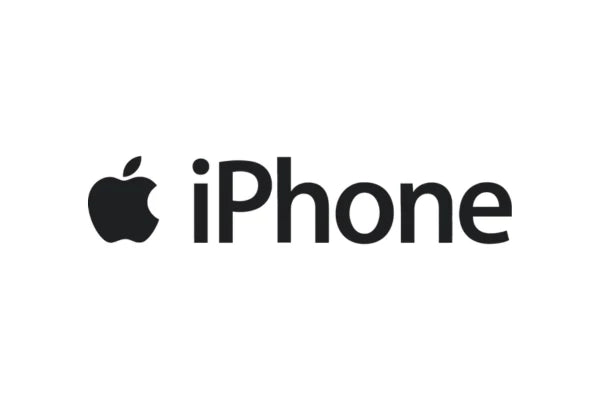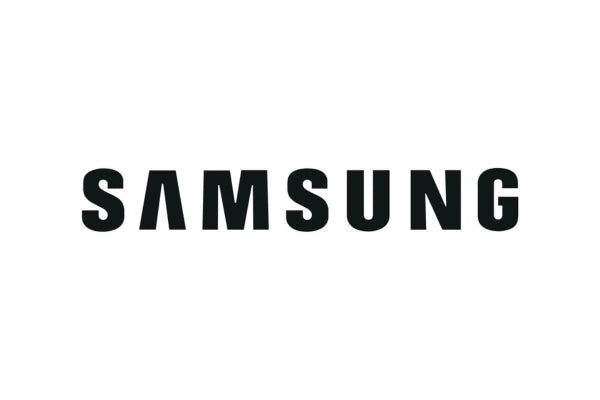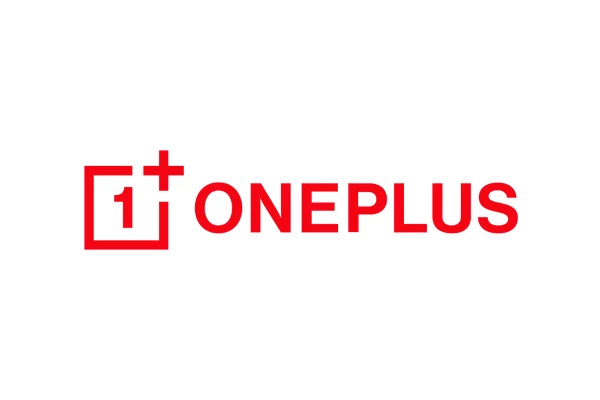
Which is a Better Phone, Samsung or Google Pixel?
Share
In today's digital age, smartphones are indispensable tools that serve multiple purposes in our lives. They're our communication devices, our entertainment hubs, and our productivity aids. Given the sheer number of options available, selecting the right smartphone can be a bewildering task. This comprehensive comparison aims to simplify that decision by pitting two major players in the smartphone market against each other: Samsung and Google Pixel. By the end of this article, you'll have a clearer understanding of which brand aligns better with your preferences and needs.
Samsung Phones:
Samsung's History in the Smartphone Market: To fully appreciate Samsung's position in the smartphone industry, it's crucial to understand its journey from its inception to its current status as one of the market leaders. Samsung's involvement in the smartphone sector dates back to the early 2000s when it introduced its first smartphone. Over the years, the company has made significant strides, becoming one of the most recognized and reputable smartphone manufacturers globally.
Popular Samsung Models: Samsung's extensive product line encompasses a wide range of models, each catering to diverse user needs. Some of its most popular models, such as the Galaxy S series and the Galaxy Note series, have earned accolades for their cutting-edge features and innovative technologies.
Samsung's Unique Features: What truly sets Samsung apart are its unique features. From curved-edge displays to versatile S Pen stylus support, Samsung continually innovates to provide a differentiated smartphone experience. Features like DeX, which turns your smartphone into a desktop computer, and Knox security, which ensures robust device security, are prime examples of Samsung's commitment to user satisfaction.
Google Pixel Phones:
Google Pixel's Emergence: The Google Pixel series emerged as a unique addition to the Android smartphone landscape. Google's foray into smartphone manufacturing was marked by the launch of the Google Pixel and Pixel XL in 2016. These phones were notable for their integration of pure Android experiences and timely software updates, elements that set them apart in a crowded market.
Key Features of Google Pixel Phones: Google Pixel phones are celebrated for their unadulterated Android experience, characterized by clean, stock Android with no bloatware. This ensures swift software updates, with Google providing the latest Android releases to Pixel users as soon as they're available. Additionally, Google Pixel devices have excelled in mobile photography, thanks to advanced camera software and artificial intelligence (AI) enhancements.
Google Pixel Camera Technology: One of the standout features of Google Pixel phones is their camera technology. Google's focus on computational photography has resulted in some of the best smartphone cameras on the market. The Night Sight mode, Super Res Zoom, and astrophotography capabilities are just a few examples of Google's camera innovations.
Performance Comparison:
Processing Power and Speed: Performance is a crucial aspect of any smartphone. Samsung's devices are known for their powerful processors, with some models featuring the latest Exynos or Snapdragon chipsets. Similarly, Google Pixel phones are equipped with high-performance processors that ensure smooth multitasking and responsive app launches. Benchmark scores reflect the prowess of these devices, with both brands consistently ranking among the top performers.
RAM and Multitasking: RAM plays a pivotal role in a smartphone's multitasking capabilities. Samsung offers a variety of RAM configurations across its models, catering to different user needs. Google Pixel phones also come with ample RAM to facilitate seamless multitasking, ensuring that you can switch between apps effortlessly.
Benchmark Scores: Benchmark scores provide quantifiable data for evaluating a smartphone's performance. Both Samsung and Google Pixel consistently achieve impressive scores, reaffirming their status as industry leaders. These scores consider various factors, including processor speed, graphics rendering, and overall device responsiveness.
Display Quality:
Screen Technology: Display technology is a critical factor in determining a smartphone's overall user experience. Samsung's expertise in display technology is evident in its lineup of smartphones. The brand offers a variety of screen technologies, including Super AMOLED and Dynamic AMOLED displays, known for their vibrant colors and deep contrasts. On the other hand, Google Pixel phones feature OLED displays that showcase natural colors and deep blacks, contributing to an immersive viewing experience.
Resolution and Pixel Density: Another key consideration is screen resolution and pixel density. Samsung phones often feature high-resolution displays, resulting in sharp and detailed visuals. Google Pixel devices, while not always surpassing Samsung in resolution, provide pixel densities that ensure crisp images and text readability.
Display Size Options: Both Samsung and Google Pixel understand that users have diverse preferences when it comes to display sizes. As a result, they offer various screen sizes to cater to different needs. Whether you prefer a compact device or a larger screen for multimedia consumption, you can find suitable options from both brands.
Camera Capabilities:
Camera Hardware: The camera capabilities of a smartphone are often a deciding factor for many consumers. Samsung equips its phones with versatile camera hardware, featuring multiple lenses that cater to different photography scenarios. Wide-angle, ultrawide, and telephoto lenses provide users with a range of creative possibilities.
Camera Software and Features: In addition to impressive hardware, both Samsung and Google Pixel excel in camera software. Samsung's camera app offers a plethora of features, including Pro mode, Single Take, and Super Steady video recording. Google Pixel, on the other hand, focuses on computational photography, with features like Night Sight, Top Shot, and Super Res Zoom.
Sample Photos and Image Quality: Image quality is best assessed through sample photos. Samsung's cameras produce vibrant and well-detailed images, while Google Pixel's cameras prioritize natural colors and high dynamic range (HDR) for stunning results. Ultimately, the choice between the two brands may come down to personal preference in image processing.
Software and User Experience:
Samsung's One UI vs. Stock Android: Samsung's One UI and Google Pixel's stock Android offer distinct user experiences. One UI is known for its feature-rich interface, which includes multitasking enhancements, customization options, and Samsung-exclusive apps. In contrast, Google Pixel's stock Android provides a clean and straightforward user interface, free from bloatware. The choice between these interfaces depends on whether you prefer a feature
At EasyPhone, we understand that choosing the right smartphone can be a daunting task. Samsung and Google Pixel are both renowned for their exceptional devices, and the question of which is better often arises.
The answer depends on your specific needs and preferences. Samsung offers a wide range of smartphones, catering to various price points and features. Whether you're looking for a budget-friendly option or a flagship device with cutting-edge technology, Samsung has you covered.
On the other hand, Google Pixel phones are celebrated for their pure Android experience and superior camera capabilities. If you're a photography enthusiast or prefer a clean and bloatware-free interface, a Google Pixel might be your best choice.
At EasyPhone, we offer a selection of both Samsung and Google Pixel refurbished phones, allowing you to find the right fit for your needs. Our devices are meticulously refurbished to ensure quality and performance, all at an affordable price point. So, whether you prefer Samsung or Google Pixel, EasyPhone has you covered with reliable and budget-friendly options.



